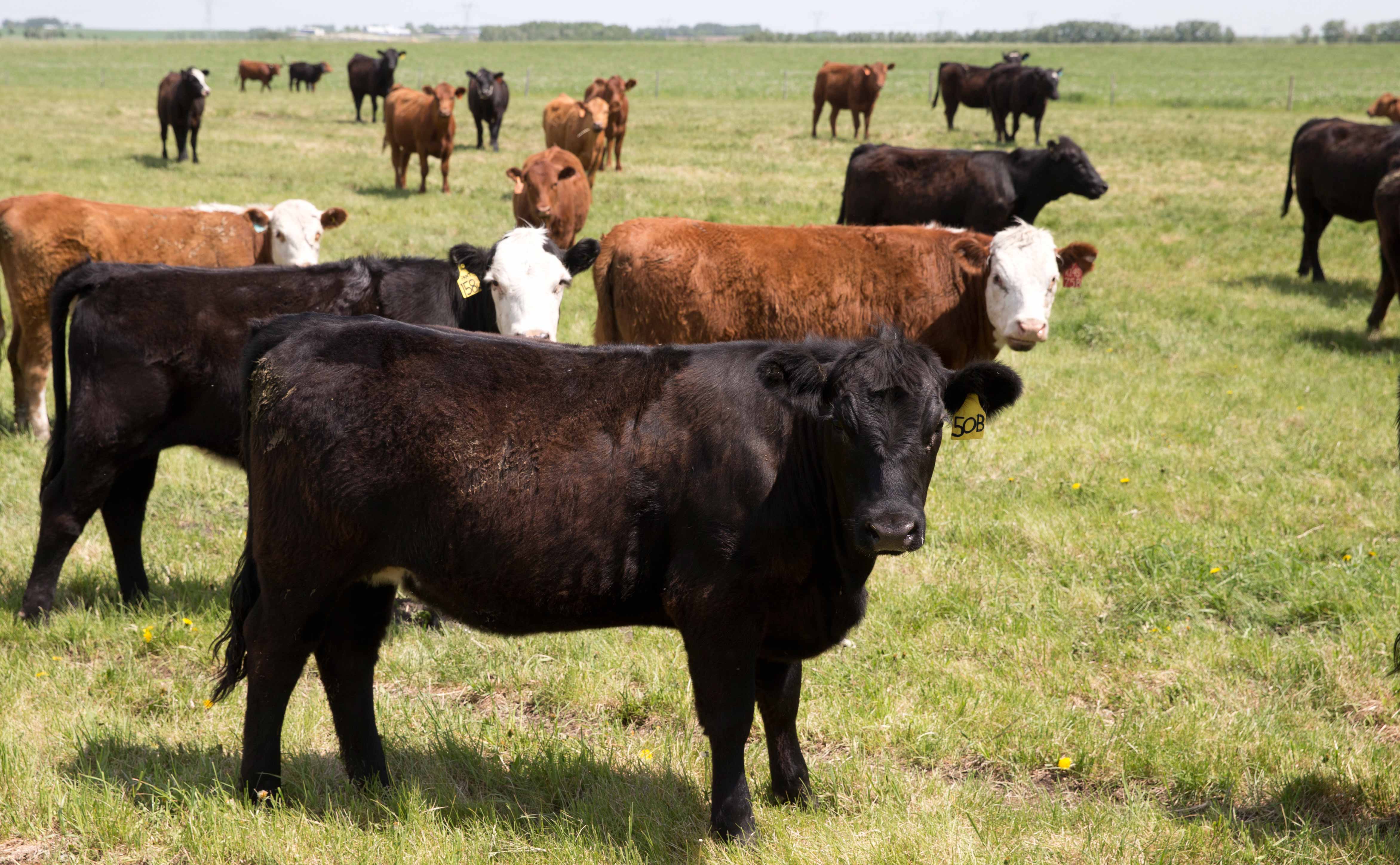CME cattle, hogs sag on Wall Street woes, worker shortages

Chicago Mercantile Exchange lean hog and live cattle futures closed lower on Monday, pressured by declines on Wall Street along with slowdowns at slaughterhouses due to worker shortages
CME February live cattle futures settled down 1.075 cents at 136.250 cents per pound, while March feeder cattle futures ended down 1.325 cents at 165.350 cents per pound.
CME February lean hog futures settled down 1.275 cents at 78.375 cents a pound.
“The protein complex is largely under pressure from sharp losses in the equities, as well as worker absenteeism at processing plants that is slowing chain speeds““The protein complex is largely under pressure from sharp losses in the equities, as well as worker absenteeism at processing plants that is slowing chain speeds,” Arlan Suderman, StoneX chief commodities economist, wrote in a client note.
Rising COVID-19 infections among U.S. workers have forced meat plants to slow production and the government to replace slaughterhouse inspectors, meat companies and union officials said. read more The slowdowns threaten to back up supplies of market-ready cattle and hogs, pressuring futures.
The U.S. Department of Agriculture estimated beef processors killed 112,000 cattle on Friday, down about 6% from a year earlier and matching Jan. 3 levels that were the lowest since October. The kill increased to 113,000 head on Monday.
Pig slaughtering, meanwhile, was down about 5% from last year on Friday, the USDA said.
Equity markets fell on Monday as worries about interest rates rising as soon as March led investors to pare risky assets – a sentiment that extended to commodities. Managed funds hold net long positions in CME lean hog and live cattle futures, leaving the markets prone to bouts of long liquidation.
In trade news, India agreed to allow imports of U.S. pork and pork products, removing a longstanding barrier to U.S. agricultural trade, U.S. Trade Representative Katherine Tai and Agriculture Secretary Tom Vilsack said after Monday’s CME close. read more
Meanwhile, China and the Philippines suspended imports of Canadian beef due to Canada’s detection in December of a cow infected with bovine spongiform encephalopathy (BSE). The moves follow an import suspension by South Korea last month, after Canada reported its first BSE case in six years. read more











